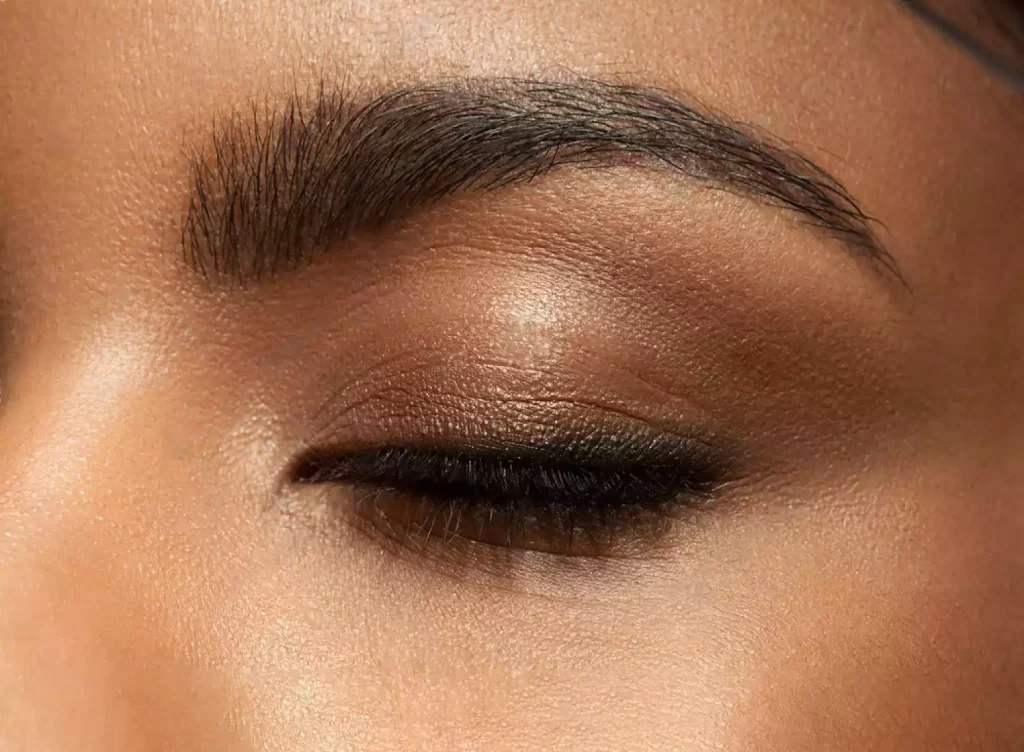Table of Contents
Comprehensive Guide to Scalp Micropigmentation Aftercare
Scalp Micropigmentation (SMP) is a revolutionary procedure that offers a solution for people experiencing hair loss. However, like all cosmetic procedures, the results are significantly influenced by how well you care for the treated area afterward. Here’s a detailed guide to ensure the longevity and vibrancy of your SMP treatment.
Immediate Aftercare: The First 4 Days
- Days 1-3: It’s crucial to let your scalp heal. Refrain from washing your head or engaging in activities that induce sweating, such as gym workouts or visits to saunas and beaches.
- Day 4: You can start washing your scalp using only water. Begin the moisturizing routine to prepare your scalp for the next session.
Daily Care for the First Week
- Cleansing: Use a gentle facial cleanser to keep the treated area clean.
- Moisturizing: Ensure your scalp remains hydrated daily. A well-moisturized scalp can significantly enhance the appearance of the pigmentation.
Activities to Avoid for the First Month
- Sun Exposure: Direct exposure to the sun can fade the pigmentation. Always use proper sun protection for your scalp.
- Swimming & Saunas: Stay away from chlorinated pools, salt water, and saunas. These can interfere with the healing process and affect the pigment’s appearance.
- Excessive Sweating: Activities that cause heavy sweating should be avoided. Sweating can lead to the secretion of salts, which can fade the pigmentation.
Long-Term Care Guidelines
- Sun Protection: Always protect your scalp from direct sunlight to maintain the vibrancy of the pigmentation.
- Avoid Alcohol-Based Products: Cosmetics and products with high alcohol content can fade the pigmentation. Opt for alcohol-free alternatives.
- Exfoliation: Use an exfoliating cleanser regularly to keep your scalp in top condition.
- MRI Scans: If you’re considering an MRI scan, inform your doctor about your SMP treatment.
- Blood Donation: Inform the National Blood Service about your treatment, as there might be a waiting period before you can donate.
In conclusion, proper aftercare is paramount to achieving the best results from your Scalp Micropigmentation treatment. By following these guidelines, you can enjoy the benefits of your treatment for years to come.

What is the immediate aftercare for Scalp Micropigmentation?
For the first three days post-treatment, avoid washing the scalp and activities that induce sweating. By day four, you can gently wash with water and start moisturizing.
What is the recommended daily care routine during the first week?
During the initial week, cleanse the treated area with a gentle facial cleanser and maintain daily hydration to enhance the pigmentation’s appearance.
Which activities should be avoided after the treatment?
For the first month, protect the scalp from direct sunlight, avoid swimming in chlorinated pools and saunas, and refrain from activities causing excessive sweating.
How should I care for my scalp in the long term?
Always use sun protection, opt for alcohol-free cosmetic products, exfoliate regularly, and inform medical professionals about your SMP treatment when necessary.
Can I use any facial cleanser on the treated area?
It’s recommended to use a gentle facial cleanser to keep the treated area clean without causing irritation.
Is sweating harmful after the treatment?
Yes, excessive sweating can lead to the secretion of salts which can fade the pigmentation. It’s best to avoid heavy sweating activities for the first month.
Why should I avoid alcohol-based products?
Cosmetics and products with high alcohol content can fade the pigmentation. It’s best to opt for alcohol-free alternatives.
How often should I exfoliate my scalp?
Regular exfoliation is recommended to keep your scalp in top condition. However, the frequency can vary based on individual skin types and needs.
Do I need to inform my doctor about the SMP treatment before an MRI scan?
Yes, if you’re considering an MRI scan, it’s essential to inform your doctor about your Scalp Micropigmentation treatment.
Can I donate blood after the SMP treatment?
You should inform the National Blood Service about your treatment, as there might be a waiting period before you can donate.






